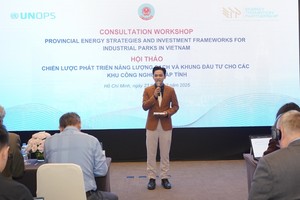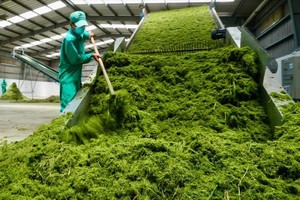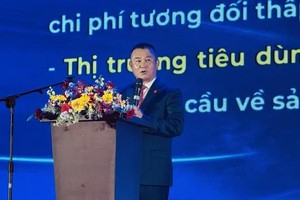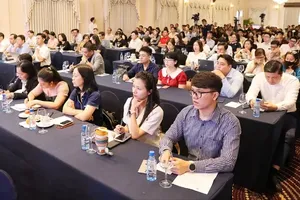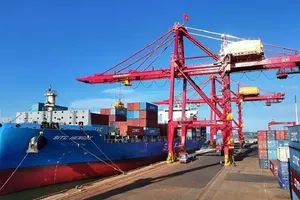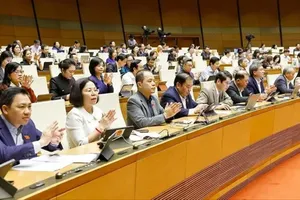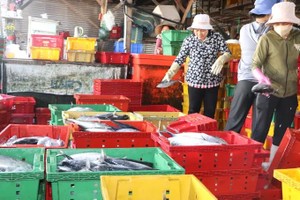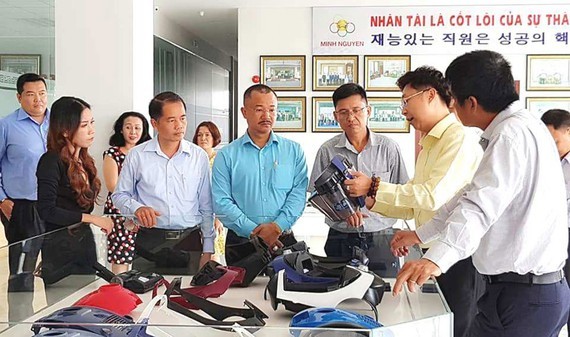
In an article in Sai Gon Giai Phong Newspaper, Peter Hong said that Vietnam since embracing global integration has attracted more than US$234 billion in foreign direct investment (FDI), and overseas Vietnamese have sent about US$170 billion in remittances to Vietnam over the same period.
Vietnam since 2015 has remained among the top 10 remittance beneficiaries round the world. Statistics from the World Bank shows remittances to Vietnam reached US$16.7 billion in 2019.
Although this number is set to fall to US$15.7 billion this year due to Covid-19 impacts, it still accounts for 5,8% of national GDP.
Remittances in Vietnam play an important role in creating a stable source of capital for economic development, reducing foreign debt, increasing foreign exchange reserves, and minimizing risks in mobilizing capital, Mr. Hong said.
Despite all that, there has been no preferential policies for businesses and socio-economic development projects established by overseas Vietnamese since they do not fall into an existing category of business.
Currently, remittances are concentrated in the private sector with relatively small investments such as buying gold or real estate while shying away from large-scale and long-term projects.
The expert believes the gov’t must soon come up with practical policies to support overseas remittances and other financial resources to retain a highly valuable source of national capital. They stressed the importance of guiding the inflow towards sustainable production and technology.
There are currently more than 25,000 companies in Vietnam receiving investment from overseas ethnics with a total capital of more than US$9 billion.


